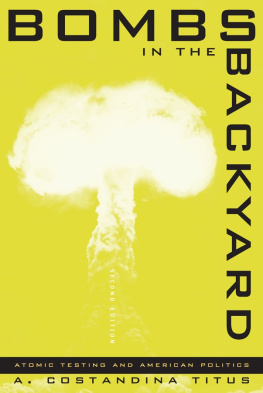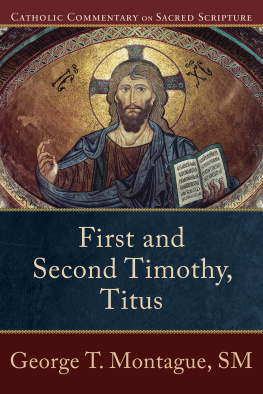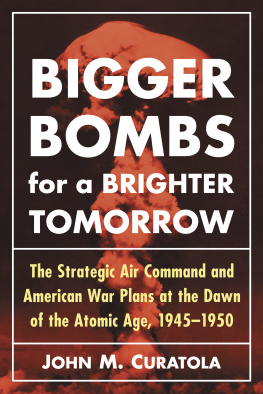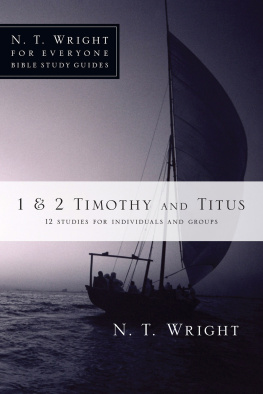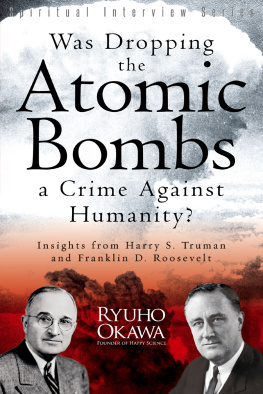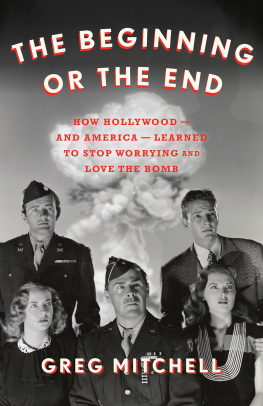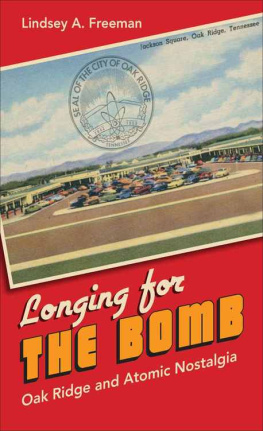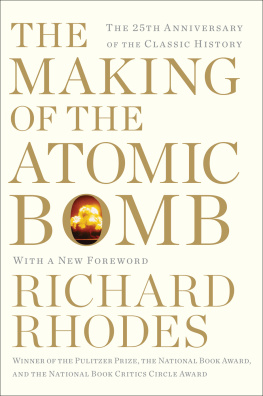Nevada Studies in History and Political Science
University of Nevada Press, Reno, Nevada 89557 USA
Copyright 1986 by A. Costandina Titus
New material copyright 2001 by A. Costandina Titus
All rights reserved
Manufactured in the United States of America
Book design by Steve Renick
Library of Congress Cataloging-in-Publication Data
Titus, A. Costandina, 1950
Bombs in the backyard : atomic testing and American politics / A. Costandina Titus. 2nd ed.
p. cm. (Nevada studies in history and political science ; no. 25)
Includes bibliographical references and index.
ISBN-10: 0-87417-370-1 (alk. paper)
1. Nuclear weaponsTestingEnvironmental aspectsUnited States. 2. United StatesPolitics and government19451989. 3. United StatesPolitics and government1989. I. Title. II. Series.
U264.T58 2000
361.1'79dc21 00-951245
ISBN 978-0-87417-962-0 (ebook)
Preface
During the last decade, the issue of official negligence has appeared on the American political scene as certain groups have begun to demand that the government first accept responsibility for allegedly harmful actions and then provide appropriate compensation. Government programs involving hazardous waste disposal, Agent Orange deployment, and nuclear weapons testing have come under attack. The self-proclaimed victims who are leading this charge share a common goal: They want the government to compensate them for misfortunes they have suffered through no fault of their own.
These challenges to authority have attracted considerable attention for several reasons. First, they arose at a time when the American public, still haunted by memories of Vietnam and Watergate, was less trusting of their government than at any other point in its history. Second, the groups involved are placing unprecedented demands on the system along two fronts: They are pushing environmental law beyond disease prevention into the realm of compensation, a legal and political quagmire that the government has previously sought to avoid; and, even more important, they are asking the government to openly admit error, an extremely difficult if not impossible step for any system to take, especially in matters of national security. Third, the evidence presented in these charges against the government is rife with the elements which make a good story: mystery, conspiracy, and personal tragedy.
Those who have enjoyed the greatest coverage lately are the so-called victims of atomic testing. Several recent books have made an excellent case against the government for deliberately misleading the public about the dangers of nuclear weapons testing. Based primarily on firsthand accounts by witnesses and participants in the program, and on selected, recently declassified archival material, these works effectively portray the Atomic Energy Commission (AEC) as a villainous organization with no regard for human life.
While there is little doubt that public safety was a low priority for government in its pursuit of bigger and better bombs, we must recognize that these books present only part of the story. They address the politics of atomic testing solely from the standpoint of the victims and tend to ignore the context in which the crucial decisions were made; as a result, they overlook the important questions of how and why. By focusing on the AECs policy in relation to fallout, these works also fail to recognize that minimizing the dangers of the testing program was merely one component in an overall plan to generate public support for nuclear weapons proliferation; indeed, the governments primary objective was to convince the public not that there was no risk but that the risk was worth taking. These books offer no analytical framework within which to consider the atomic testing program as it has evolved since 1942; they disregard such keys to policy analysis as statutory provisions, appropriations patterns, and bureaucratic organization schemes. Consequently, they draw no comparisons between what the government did thirty years ago and what it is doing today, nor do they make sound predictions about what to expect in the future.
This study attempts to fill the gaps in the literature on this important topic. It is addressed to two audiences. For the generalist, including those interested in contemporary American history, public policy issues, or the sad drama of the alleged victims of fallout, the book contains ample background as well as detailed analysis of the current state of the compensation fight. For those already familiar with the history, politics, and health issues of atmospheric nuclear testing, this book offers an interpretive framework that links the first atomic dawn with the latest court decision and presents the record as a coherent, even a predictable story.
As events are chronicled from the days of the Manhattan Project to the recent attempts by Congress to enact compensatory legislation, two major themes emerge. The first is one of continuity. Precedents set during Roosevelts administration are still the policy of today. For example, secrecy has been the watchword of the atomic weapons program since its inception. The Manhattan Project started by FDR in June 1942 was so top secret that Vice President Truman denied knowing of its existence when he moved into the Oval Office following Roosevelts death. And in 1950 the decision to build a continental test site was made under conditions of absolute secrecy, because President Truman did not want to scare people about blowing up bombs in their backyards. Later, research on the Star Wars defense at the Nevada Test Site was so secretive that local ranchers and miners were denied access to their lands bordering the testing zone.
Another illustration of this continuity can be found in the acts passed by Congress in 1946 and 1977 establishing the Atomic Energy Commission and the Department of Energy, respectively; in both cases Congress ignored an obvious conflict of interest and left it up to the agency to establish radiation safety standards. Likewise, Congress reduced the civilian nature of both agencies substantially by allowing the military to maintain control over all decisions involving weapons.
The refusal to accept responsibility for soldiers also has persisted. During the fifties when troops were involved in atomic maneuvers at ground zero, the AEC allowed the military to set personnel exposure limitations. In 1977, when marines were sent to the South Pacific to clean up Eniwetok, their safety was monitored not by the Department of Energy but by the Defense Nuclear Agency. Consistency also can be found in the AECs policy of repeated denial that radiation from testing has caused any serious damage to either people or animals; this was the official line during the period of atmospheric testing, and it was steadfastly maintained through the eighties.
The second theme to emerge is that the federal government has not been alone in understating the real dangers of atomic weapons testing. During the fifties and early sixties the national press, and especially the southern Nevada papers, strongly endorsed the testing program, presenting the public with positive headlines and patriotic editorials. Eyewitness coverage of particular shots focused on the spectacular visual effects of the explosions and failed to address more serious questions about the possible harmful effects of fallout. The state of Nevada also avoided the issue of potential long-term consequences and welcomed the test site because of the immediate economic boom it brought to the area; state officials at every level were eager to accommodate the needs of the new facility, which brought in federal dollars.

